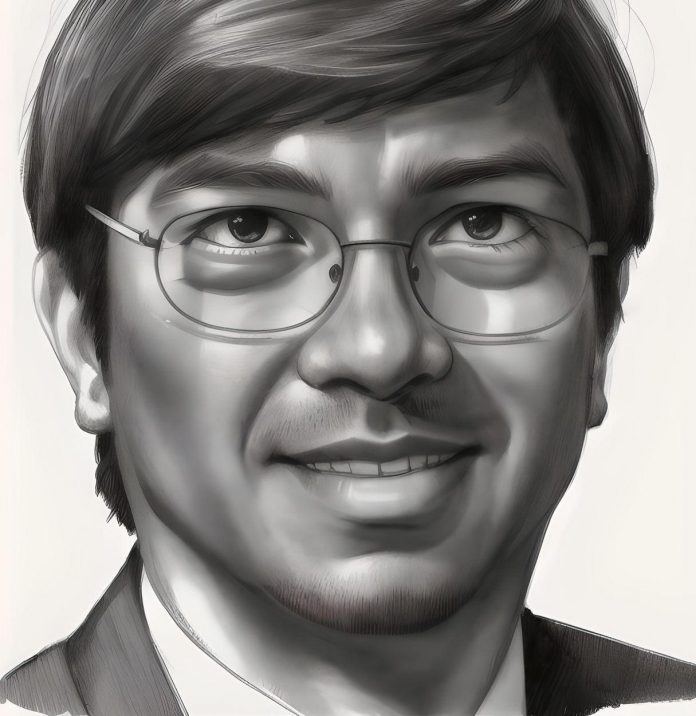Guest contributor
James Shwe
In the realm of U.S. foreign policy, few issues present as complex a challenge as Myanmar (Burma). The decisions made regarding this Southeast Asian nation carry immense weight, influencing not only the U.S. but also the lives of the Myanmar (Burmese) people and the stability of the international community.
To navigate these complexities effectively, it is imperative for U.S. policymakers to adopt a nuanced and inclusive approach, one that prioritizes listening to all stakeholders. Yet, amidst the cacophony of voices clamoring for attention, the question arises: Who truly represents the interests of Myanmar’s diverse populace? Identifying the genuine stakeholders must be our first priority.
One avenue for insight lies in the National Unity Government (NUG). Composed of representatives from major ethnic groups, the NUG offers a multifaceted perspective on Myanmar’s challenges. By leveraging their expertise and networks, U.S. policymakers can gain valuable insights and establish meaningful dialogue with authentic representatives of the Myanmar people.
Similarly, the Myanmar diaspora in the U.S. provides a unique vantage point. However, navigating the diverse opinions and external influences within these communities poses its own set of challenges. By addressing barriers such as language limitations and lack of political familiarity, we can ensure that the voices of the diaspora are heard and integrated into foreign policy decisions.
Moreover, it is crucial to recognize the divisive tactics employed by Myanmar’s military regime. Over decades, they have exploited internal divisions within resistance forces to maintain their grip on power. Understanding and countering these tactics is not merely an acknowledgment of reality; it is essential for crafting effective policy responses.
Diversifying engagement strategies is another key aspect of ensuring a comprehensive understanding of Myanmar’s landscape. While lobbyists and advocacy groups play a role, over-reliance on them risks overlooking crucial perspectives. Embracing a range of engagement approaches allows us to capture the full spectrum of voices and interests at play.
Furthermore, rigorous fact-checking and multi-source verification are indispensable in a landscape rife with misinformation. Only by basing our decisions on accurate and reliable information can we hope to address Myanmar’s challenges effectively.
At the heart of our approach must be informed and consensual decision-making. Myanmar’s political landscape is fraught with complexities that demand careful consideration. By actively engaging with genuine proponents of democratic ideals, we can chart a course that truly serves the interests of the Myanmar people.
Central to this endeavor is the pursuit of conflict resolution. Myanmar’s history is marred by ethnic conflicts and political unrest, necessitating ongoing dialogue and negotiation. By fostering unity among diverse groups and identifying common ground, we can pave the way for a more peaceful and inclusive future.
As a global advocate for democracy and human rights, the U.S. has a moral obligation to uphold these principles in its foreign policy. Concrete actions, rather than mere rhetoric, are needed to support the aspirations of the Myanmar people and promote lasting peace in the region.
In conclusion, the path forward for U.S. foreign policy toward Myanmar is clear: active listening to all sides, identification of genuine stakeholders, and recognition of the divisive tactics employed by the military regime.
By adopting a principled, inclusive, and informed approach, we can navigate the complexities of Myanmar’s landscape and uphold our commitment to democracy, peace, and human rights.
James Shwe is a Myanmar democracy activist in the U.S. and is a member of the advocacy groups Free Myanmar and the Los Angeles Myanmar Movement. He has been trying to organize and motivate the Myanmar diaspora to advocate for democracy in Myanmar.
DVB publishes a diversity of opinions that does not reflect DVB editorial policy. We’d like to hear what you think about this or any of our stories: [email protected]



